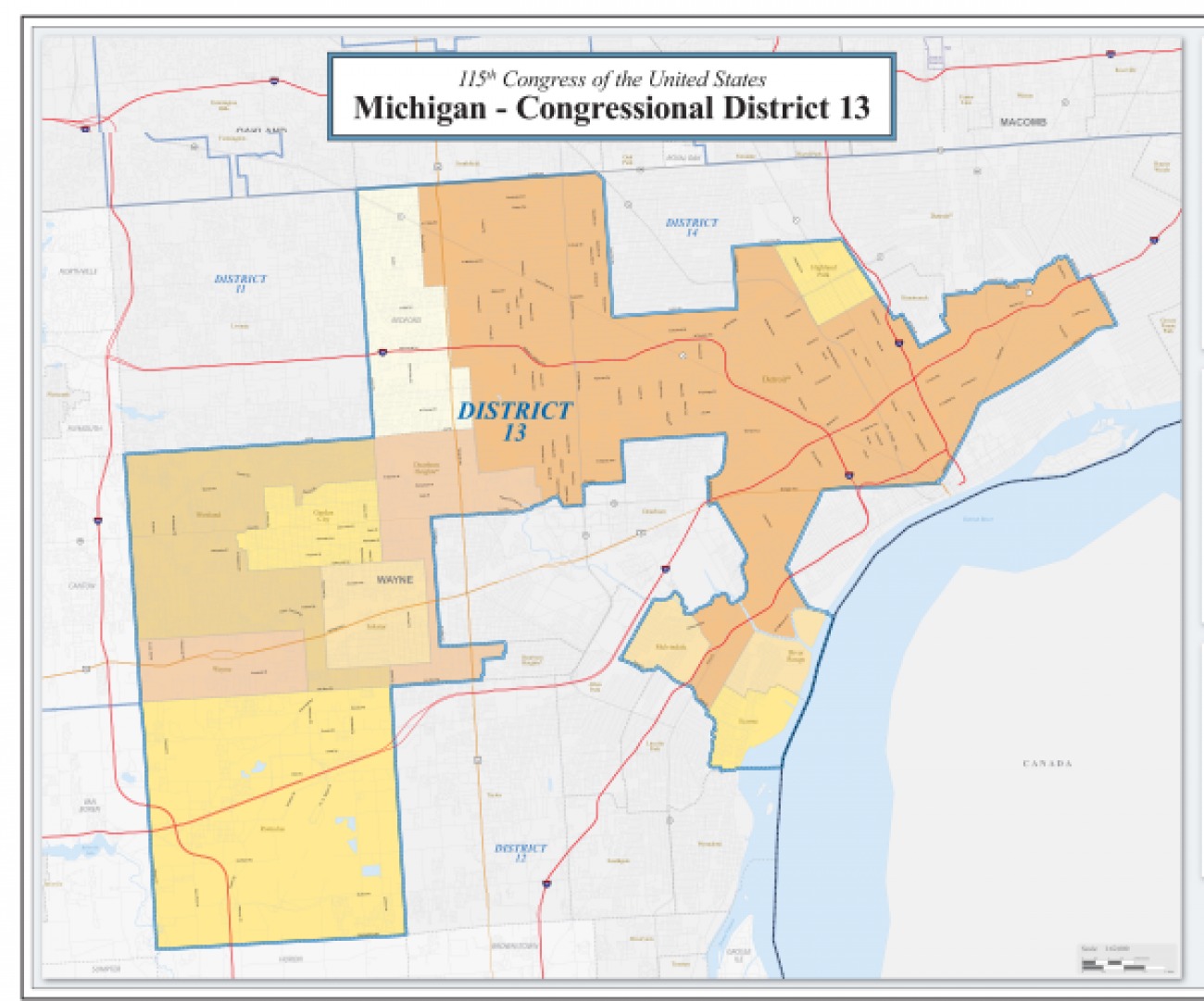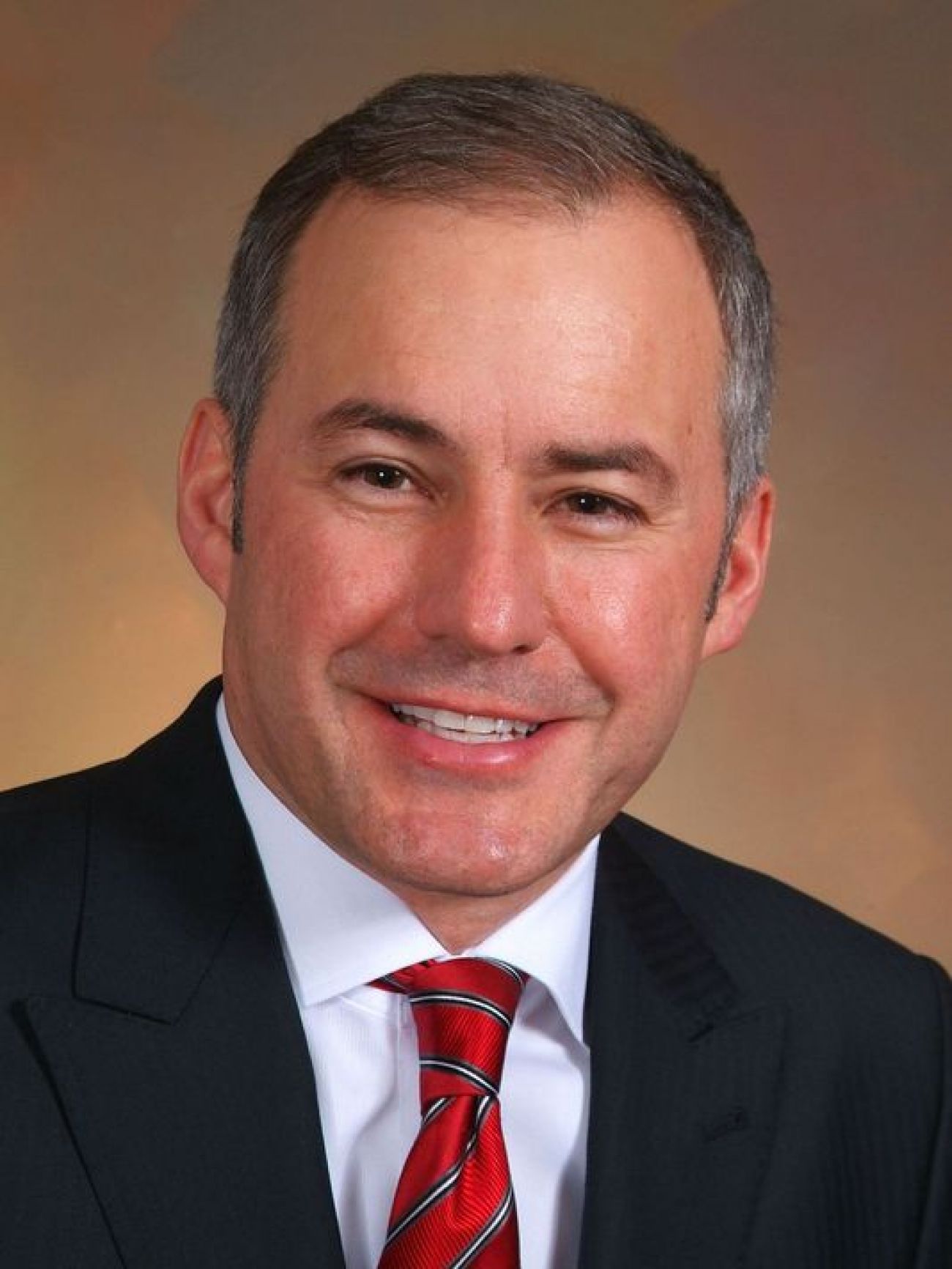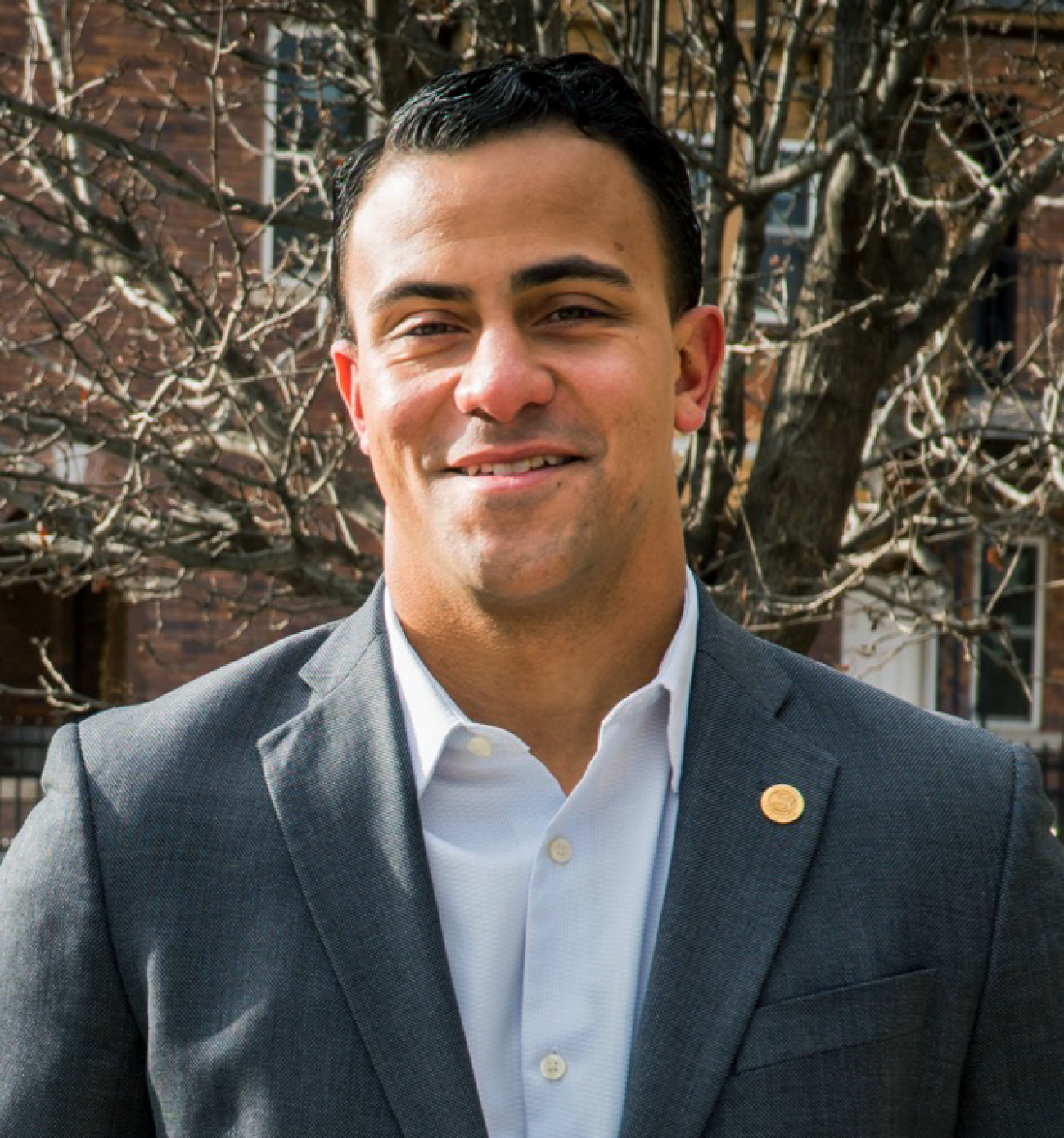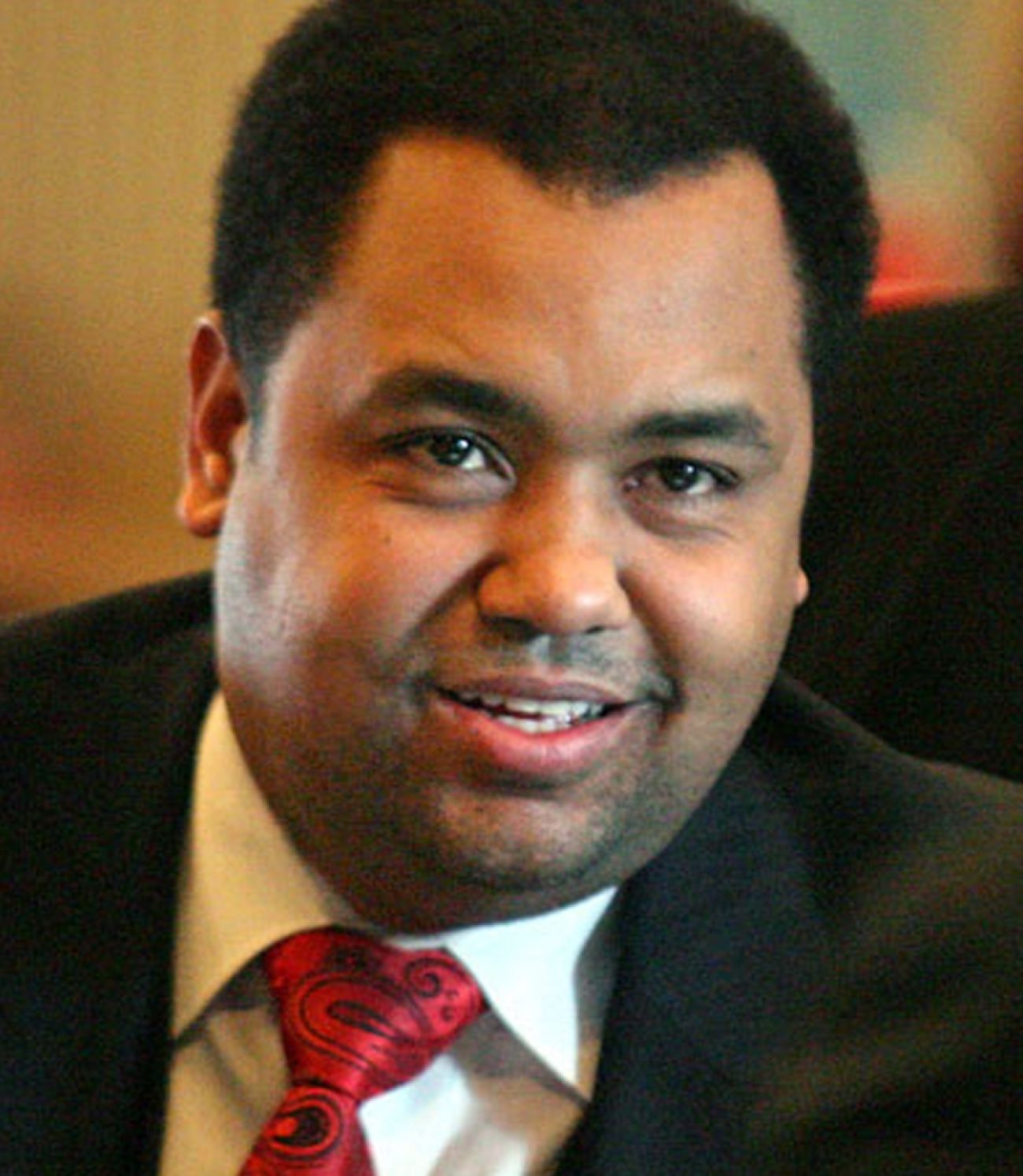Race, religion could decide who replaces John Conyers Jr. in Congress
Michigan’s 13th Congressional District, which John Conyers Jr. represented for half a century, has its unique share of big problems.
It’s the third-poorest congressional district in the United States. A 2013 Gallup analysis of “well being” – health, work environment, access to health care – concluded the district centered around Detroit had some of the worst quality of life in America, ranking 432nd out of 435 congressional districts.
And while all six candidates in the Democratic primary on Tuesday to succeed the civil-rights icon make similar pledges to increase access to jobs and ease poverty, political experts say the race could boil down to race and religion.
The district, which includes portions of Detroit and western suburbs, is about 55 percent African American. Polling suggests an African American candidate is neck and neck with two candidates of different races.
Related Detroit coverage:
- John Conyers’ son rejected again in bid for U.S. Congress
- It’s official: No vote this year for transit fixes in southeast Michigan
- It’s Detroit vs. everybody again, thanks to transit tax and city comeback.
- How deep are budget cuts at Detroit schools? Some can’t afford recess.
- Lawsuits, dirty tricks and an angry ex-wife: Is this Detroit’s ugliest election?
- Detroit gave big tax breaks for jobs. Too bad they pay so little.
Brenda Jones, who is African American and the president of the Detroit City Council, is narrowly leading Bill Wild, who is white and the mayor of Westland, and former state Rep. Rashida Tlaib of Detroit, who is Muslim and of Palestinian heritage, according to July polls from EPIC-MRA by Target-Insyght.
If residents vote along racial lines, the four African Americans in the race could split the vote and propel Wild or Tlaib to victory, said Steve Hood, a political consultant. No Republicans are running in the general election, so the Democratic primary determines the winner.

The 13th Congressional Democratic Party endorsed Jones in part because the majority-minority district should be represented by an African American, said Jonathan Kinloch, chairman of the group.
“This is about history and making sure an important voice for an important part of the foundation of the Democratic Party is able to continue to be heard in Washington. And that’s the black voice,” Kinloch said.
“Hasn’t that decided most political battles and wars: race and religion?”
Conyers, 89, was the the longest serving African American member of Congress in U.S. history, led the fight for a national holiday to honor Martin Luther King Jr. and pushed for single-payer health care and a commission to study reparations for slavery, among numerous other accomplishments.
He resigned in December amid sexual harassment allegations from former employees.
Bridge Magazine recently sat down with the candidates to succeed him.
Brenda Jones

History: Jones, 58, is a former shoe store owner who retired after 30 years of working for a telephone company. She’s the former president of the Communication Workers of America Local 4004. Jones was elected to the City Council in 2005 and became its president in 2014. She has raised $167,837 as of June, according to campaign finance reports.
Record: Jones has been credited as being a stabilizing force on the City Council and forging a strong working relationship with Mayor Mike Duggan. She pushed for the city’s community benefits ordinance that requires developers with projects budgeted at more than $75 million to make an agreement with neighbors to provide jobs, training and other neighborhood investments.
Detractors say: Although she is from Detroit, Jones lives in the 14th not 13th district. By law, she doesn’t have to live in the district. Some have said her close relationship with Duggan is a detriment, not an asset.
Quote: “I’m going to be the same Brenda Jones I’ve always been. I am called the citizens’ voice. I talk to my constituents in the grocery store or wherever. I’m the most experienced one running.”
Bill Wild

History: Wild, 50, owns an automotive recycling business and has been mayor of Westland, a city of 81,000, since 2007. He finished second in a crowded Democratic primary for Wayne County executive in 2014, losing to Warren Evans. Ford Motor Co. heir Bill Ford Jr. is a friend and fundraiser. Wild has raised $392,573 as of June.
Record: Wild has touted Westland’s economic development, saying his administration brought in $200 million in business, and fiscal stability. Wild took office as the economy was melting down but has consistently balanced budgets.
Detractors say: The Detroit Free Press called Wild a good candidate who hasn’t found the right office. Others have said he is uninspiring.
Quote: “The communities here need a lot of help. They need somebody that can make healthcare more affordable, bring back dollars for workforce development so they can be qualified for jobs that are in the district. They don’t care what the person looks like or what color they are.”
Rashida Tlaib

History: Tlaib, 42, of Detroit, is a former state representative and a lawyer on leave from the Sugar Law Center, a law firm known for civil rights litigation. She was the first Muslim woman to serve in the Michigan Legislature and is the oldest of 14 children born to Palestinian immigrant parents. She has raised $893,029 as of June.
Record: Tlaib sponsored laws to protect homeowners from fraud and crack down on scrap metal thieves when she was in Lansing from 2008 to 2014. She has waged high-profile fights against billionaires: Matty Moroun, whose Ambassador Bridge Co. routed semi-trucks onto southwest Detroit streets, and companies owned by Charles and David Koch that stored a pollutant, black pet coke, along the banks of the Detroit River.
Detractors say: Tlaib caught flack for paying herself $8,000 in salary in May and June from campaign funds, a rare but legal move. Many of her campaign contributions are from people outside Michigan.
Quote: “These are individuals who just want somebody who looks like me (in Congress.) For all the haters that are upset that I bring something unique, I have a message of unity.”
Ian Conyers

History: Conyers, 29, is the great-nephew of the former congressman. One of eight children, he grew up poor and graduated from Georgetown University. Conyers was the Small and Disadvantaged Business Director of The Anacostia Waterfront Initiative in Washington D.C. He returned to Detroit in 2014 and was elected the Senate in 2016, filling a vacancy created when Virgil Smith resigned and went to jail for assault. The campaign has raised $181,569.
Record: A member of the Democratic minority, Ian Conyers’ track record in Lansing is relatively thin. Records show he’s introduced four minor bills that became law. He points to his work on the Anacostia Waterfront Initiative — with redevelopment projects valued at more than $1 billion — where he said he helped ensure more than 32 percent of spending went to businesses owned by veterans, women-and minorities.
Detractors say: Ian Conyers isn’t close to the former congressman. He said he didn’t know they were related until reading about him in a textbook, and was rebuffed by aides for years in his efforts to know him. Ian Conyers said he learned from the media that the former congressman endorsed his son, John Conyers III, in the race. Ian Conyers challenged his cousin John Conyers III’s petition signatures and knocked him out of the race.
Quote: “The district deserves someone who is prepared. Having a person in D.C. who’s not knowledgeable will cost us. When the ‘Greatest Generation’ goes off to glory, where do we find ourselves? The time to do the baton change to the young black leaders is now.”
Coleman A. Young II

History: Young, 35, is serving is final term in the state Senate. He is a former state representative and aide to City Councilwoman JoAnn Watson. He is the son of former Detroit Mayor Coleman A. Young. Has raised $30,758.
Record: He has passed 12 laws since 2007, which he says is the most among members of the Detroit delegation in Lansing. Sponsored the “Tisha Prater Act,” named for police officer, which guarantees anti-discrimination protections for women affected by pregnancy, childbirth or related medical conditions. Young also helped expand Neighborhood Enterprise Zone tax credits for rehabilitating dilapidated property.
Detractors say: Young lost badly last year in his bid for Detroit mayor against incumbent Mike Duggan. The campaign was plagued by money problems and disorganization, and Young’s message of “two Detroits” failed to galvanize voters.
Quote: “It’s about who has the best record. I’ve been a key and critical vote in getting … people health care coverage through Medicaid expansion. That’s a big deal. In the words of my father, the late great Coleman A. Young, I bring home the bacon.”
Shanelle Jackson

History: Jackson, 38, is a former state representative from 2006 to 2012, and now works as the government relations director for the Detroit International Bridge Co. She has been in politics since she was 22, serving as deputy chief of staff in the state House’s seventh district.
Record: She touts among her public accomplishments a list of legislation tackling issues from blight removal and auto insurance overcharges to mortgage loan modification rules. Jackson sponsored a law that allows Cobo Hall to remain the property of the City of Detroit. The regional authority that was created as a result has completed a renovation of the facility.
Detractors say: Jackson admitted she butted heads with other Democrats over her support of charter schools and other topics. She is running an austere campaign and has not filed a campaign finance report.
Quote: “I’m a card-carrying Democrat, but I have courage. Sometimes strong leaders have to stand up to the Caucus.”
See what new members are saying about why they donated to Bridge Michigan:
- “In order for this information to be accurate and unbiased it must be underwritten by its readers, not by special interests.” - Larry S.
- “Not many other media sources report on the topics Bridge does.” - Susan B.
- “Your journalism is outstanding and rare these days.” - Mark S.
If you want to ensure the future of nonpartisan, nonprofit Michigan journalism, please become a member today. You, too, will be asked why you donated and maybe we'll feature your quote next time!

